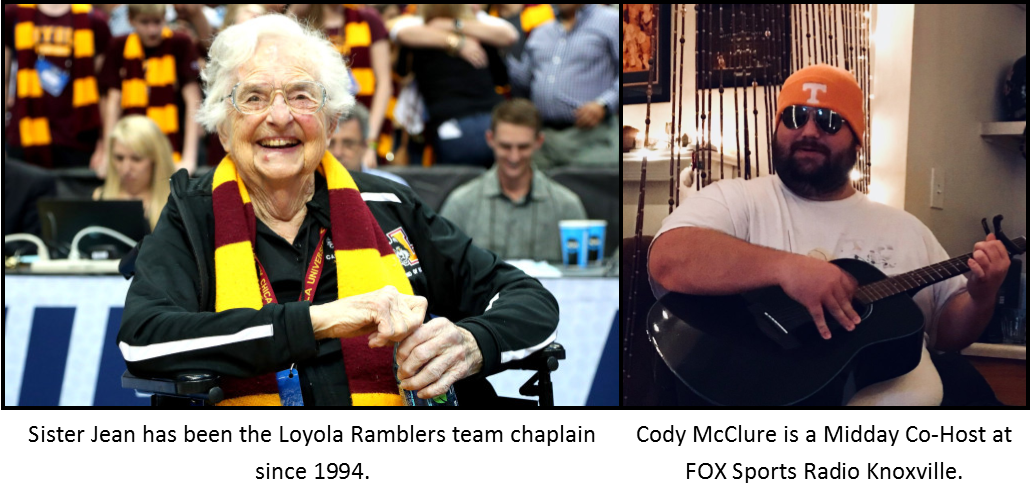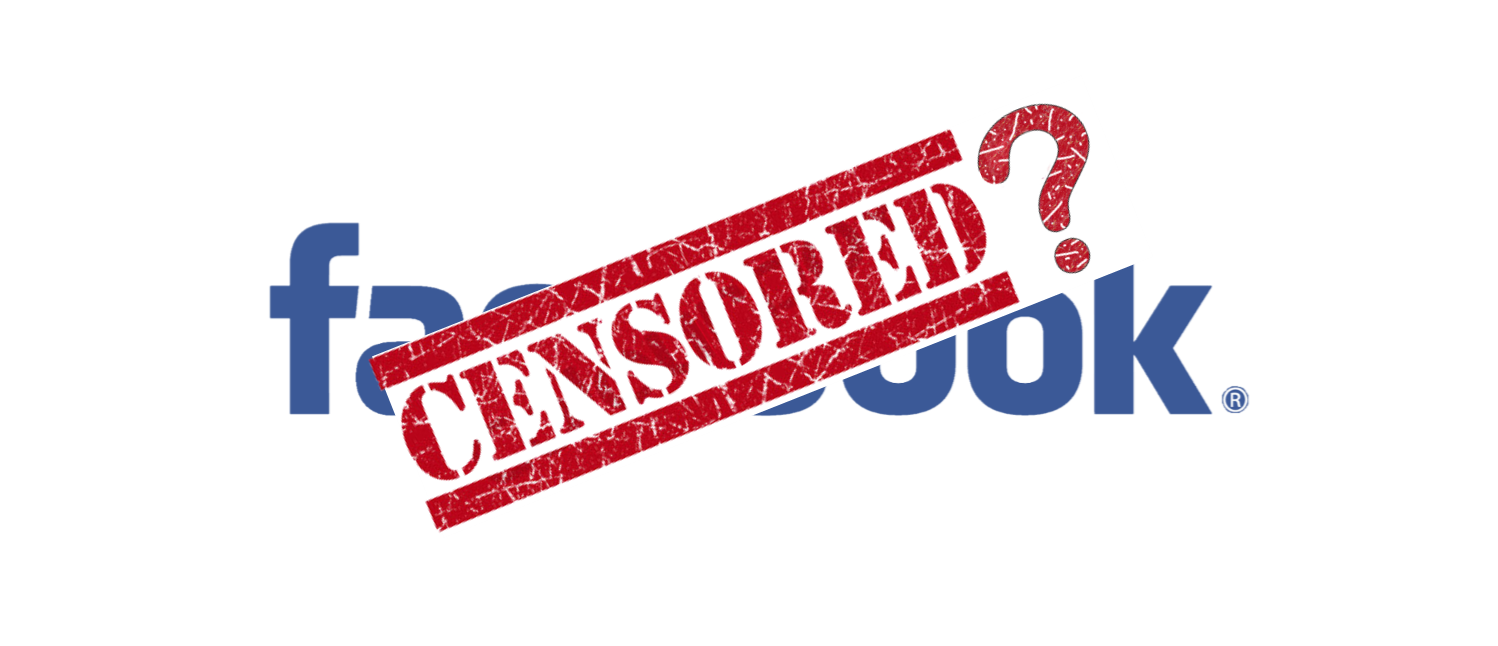“7 Dirty Words” Prohibited On-Air By FCC, Internet & Social Media Significantly Less Regulated – For Now…
Madness hit new highs – or lows, depending on how you view it – the first weekend of the NCAA Men’s Basketball Tournament, and it wasn’t just because of the abundance of bracket-busting upsets.
“F – – k Sister Jean everyone” (although without the dashes) was a Tweet issued Sunday by a Tennessee radio host when Loyola-Chicago’s defeated the U-T Volunteers in the game’s closing seconds to advance to the Sweet 16.
Sister Jean Dolores-Schmidt is 98-year-old nun and the friendly face of the Jesuit school.

The Chicago Tribune quickly reached out to Cody McClure, the midday host of FOX Sports Radio Knoxville WKGN-1340 AM, to try to understand the motivation for cursing at a nun.
The columnist asked about McClure’s reasoning for posting this.
“Every time they’d show [Sister Jean] on the screen, it’d get old,’’ McClure said. “People [cheering for Tennessee] were groaning and moaning. What I said [on Twitter] was to capture that feeling.”
And the columnist also asked the radio host if he regretted it.
“I don’t regret the joke, no, I don’t, because of the fact it was a joke,’’ said McClure, who has since deleted the tweet.
No Joking Matter On Airwaves
McClure or any other announcer would be severely reprimanded, or fired, for uttering the F-word during a traditional broadcast.
Censorship of the “7 Dirty Words You Can’t Say On TV or Radio” became more formalized in 1973 when Comedian George Carlin’s comedy album monologue/rant using these words was broadcast in the middle of the day by radio station WBAI, New York.
This led to the landmark court case the FCC vs. Pacifica Foundation in which the Supreme Court broadened the authority of the FCC to control programming – chief among them was obscene language could only be broadcast 10pm-6am, presumably when children are sleeping.
So even if inadvertently said, broadcast mediums (and audiences) are far less forgiving of using the F-word than social media platforms. Examples:
- Locally Colts veteran radio broadcaster Bob Lamey issued a humbling apology after an F-word slip up at the conclusion of a game a couple seasons ago, and is thankful he has three-plus decades of good will to draw upon.
- Even fictionally, the F-word in broadcasting is not tolerated. In the movie Anchorman, Will Ferrell’s lead character Ron Burgandy accidently ends a telecast with this four letter no-no. And interestingly, even as a comedy, the film depicts saying this during a broadcast as professionally and socially taboo. (Warning: The following video contains profane language).
Regulation Coming?
Whether by court order or social law, traditional broadcasters are held to different standards compared to social media & other online outlets.
In addition to moral questions, there are debates about financial double standards between platforms for music licensing fees for songwriters & artists (highlighted in a post last fall at this blog).
And a few months ago Facebook, Twitter and Google were summoned to testify before Congress about the extent of Russia’s influence during the 2016 U. S. presidential election and the role technology played in it. Members of the House Judiciary Committee and Senate Intelligence Committee sought answers on the platforms’ failure to control Russian bots and trolls from spreading misinformation.
Many signs seem to be pointing toward some eventual regulation of social media.
What that eventually is, who knows?
Lawmakers, as well as supporters of Sister Jean, certainly will have a say.
